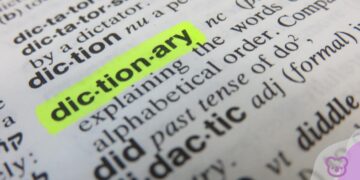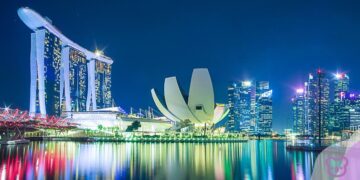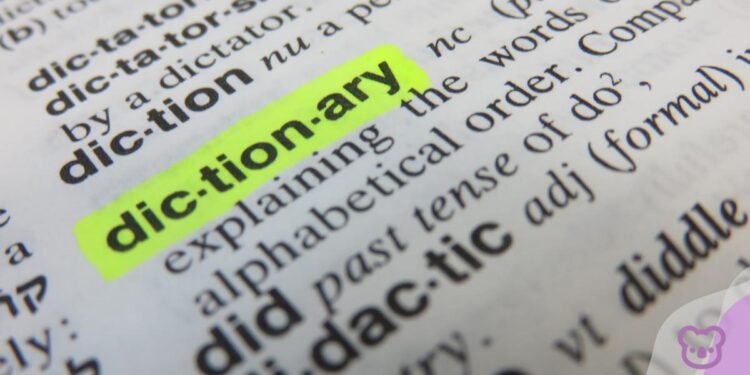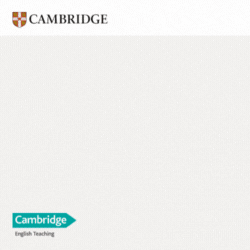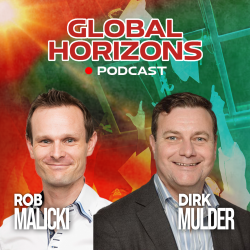The Cambridge Dictionary has officially named “parasocial” its Word of the Year for 2025, after a twelve-month period dominated by online obsession, celebrity intimacy, and the rising emotional entanglement between humans and AI.
Defined as “involving or relating to a connection that someone feels between themselves and a famous person they do not know,” the term surged as people around the world increasingly formed one-sided bonds with influencers, celebrities, podcasters, fictional characters — and now, AI chatbots.
From Taylor Swift and Travis Kelce’s engagement to Lily Allen’s deeply confessional West End Girl, parasocial behaviour was everywhere in 2025. Fans dissected lyrics, pored over relationship rumours, and invested emotionally in people they would never meet.
Social media amplified the trend further. The finale of The Summer I Turned Pretty triggered TikTok and Instagram “team wars,” as viewers aligned themselves with fictional heartthrobs. YouTubers, influencers and streamers like IShowSpeed experienced intense, sometimes intrusive fan behaviour — with the streamer even labelling one overzealous follower his “number 1 parasocial.”
Even the world of AI wasn’t immune. As chatbot use exploded, many users treated tools like ChatGPT as confidants, friends or quasi-therapists, forming emotionally meaningful, and at times troubling, connections.
While it may feel like a modern internet phenomenon, parasocial dates back to 1956, when sociologists Donald Horton and Richard Wohl described the one-way relationships TV viewers formed with on-screen personalities. What was once an academic term has now gone fully mainstream.
Colin McIntosh of Cambridge Dictionary said the choice reflects the year’s cultural mood: “Parasocial captures the 2025 zeitgeist. What was once a specialist academic term has become mainstream.”
Interest in the word skyrocketed on the Cambridge Dictionary website each time a high-profile parasocial moment hit the headlines.
Psychologists warn that parasocial relationships have become more intense, and sometimes unhealthy, as trust in traditional media declines and online personalities take their place.
Professor Simone Schnall, an experimental social psychologist at the University of Cambridge, noted, “The rise of parasocial relationships has redefined fandom, celebrity and, with AI, how ordinary people interact online… We’ve entered an age where many people form unhealthy and intense parasocial relationships with influencers.”
But experts say there are healthy forms too — like admiration for performers who excel at their craft, even if fan investment can spiral into obsession.
Cambridge University Press & Assessment says the Word of the Year reflects how learners connect English to real life.
Matthew Ellman, English teaching expert, said “Even before they encounter this word, many learners of English will recognise the relevance of parasocial to contemporary life. That should be what happens in every English lesson.”
A Big Year for New Words
The Dictionary saw significant growth in 2025, adding 6,000 new entries, including trending terms like delulu, skibidi and tradwife. AI-related vocabulary also surged, with “slop”, low-quality AI-generated content, making its way into the lexicon.
Other notable additions included:
- pseudonymization – transforming identifiable data into unidentifiable code
- memeify – turning something into a meme
- glazing – excessive, artificial flattery (often from AI chatbots)
- bias – a K-pop fandom term for a favourite artist
- vibey – describing a place with a great vibe
- breathwork – conscious breathing for mental or physical benefits
- doom spending – spending beyond your means to cope with stress
Editors are already tracking emerging contenders for 2026, sharing them weekly on the Cambridge Dictionary About Words blog.
In a world shaped by influencers, algorithmic intimacy and AI companionship, parasocial neatly captures the emotional and cultural shifts of 2025 — and provides a timely mirror for how people connect, consume and cope online.

